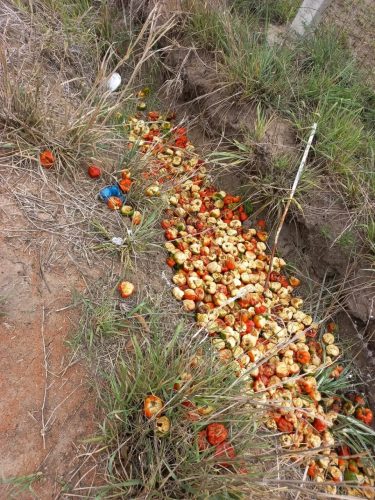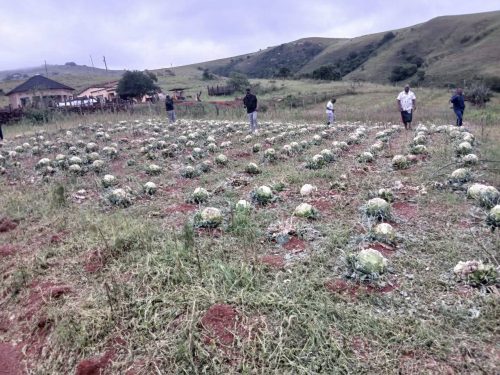BY SIKHONA SIBANDZE & SIBUSISIWE NDZIMANDZE
Mbabane — The Kingdom of Eswatini has ramped up its emergency response to a serious Foot and Mouth Disease (FMD) outbreak in the Shiselweni region, with the Ministry of Agriculture issuing strict movement restrictions and setting up quarantine zones to curb the spread of the devastating livestock disease.
FMD, a highly contagious viral illness affecting cloven-hoofed animals such as cattle, goats, sheep, and pigs, poses a significant threat to Eswatini’s livestock industry and national food security. The current outbreak, confirmed late last week, has prompted swift government action to contain the disease before it spreads to other regions.
🚫 Total Ban on Movement from Infected Areas
In a public announcement, the Ministry declared a complete ban on the movement of the following from the affected areas:
- Cloven-hoofed animals (cattle, goats, sheep, pigs)
- Uncooked meat and meat products from these animals
- Hides and skins
- Manure
- Raw, unprocessed milk
- Animal feed, including hay
These restrictions are intended to halt the transmission cycle and shield unaffected regions from exposure.
🚧 Strategic Checkpoints Set Up Across Southern Eswatini
To enforce the containment measures, the Ministry has deployed veterinary officers and enforcement personnel to key checkpoints, which include:
- Mhlosheni
- Hluthi (road towards Hosea)
- Engwavuma (road towards Mbava)
- Elontweni (Lavumisa–Big Bend Road)
Each checkpoint is part of a broader biosecurity cordon, with vehicle inspections, permit checks, and sanitation protocols in place.
“This is not just a farming issue—it is a national food security and economic stability issue,” said a senior official from the Department of Veterinary Services. “We are calling on all livestock farmers, traders, and community members to comply fully with the emergency regulations.”
🐄 Farmers and Communities Urged to Cooperate
The Ministry has emphasized the collective responsibility required to bring the outbreak under control. Livestock owners are advised to report any signs of illness in animals immediately, avoid unauthorized animal movements, and follow disinfection protocols.
“Safeguarding animal health and protecting livelihoods is a shared responsibility,” the Ministry said in its announcement. “We are relying on community vigilance and cooperation to stop the spread of this disease.”
⚠️ Economic Stakes Are High
Eswatini’s livestock industry is a vital component of the rural economy, supporting thousands of families and contributing significantly to GDP. An uncontrolled outbreak could jeopardize meat exports, cause local meat shortages, and trigger economic losses across multiple sectors.
With the country still recovering from recent agricultural shocks—ranging from climate variability to market instability—the government is determined to prevent further disruptions.
Stay Updated: Farmers, agri-processors, and transporters are encouraged to follow updates from the Ministry of Agriculture through radio broadcasts, local chiefs, and official government channels.
Have information or concerns? Contact the Department of Veterinary Services at Tel: 2404 2731/9 or 2404 6362.



